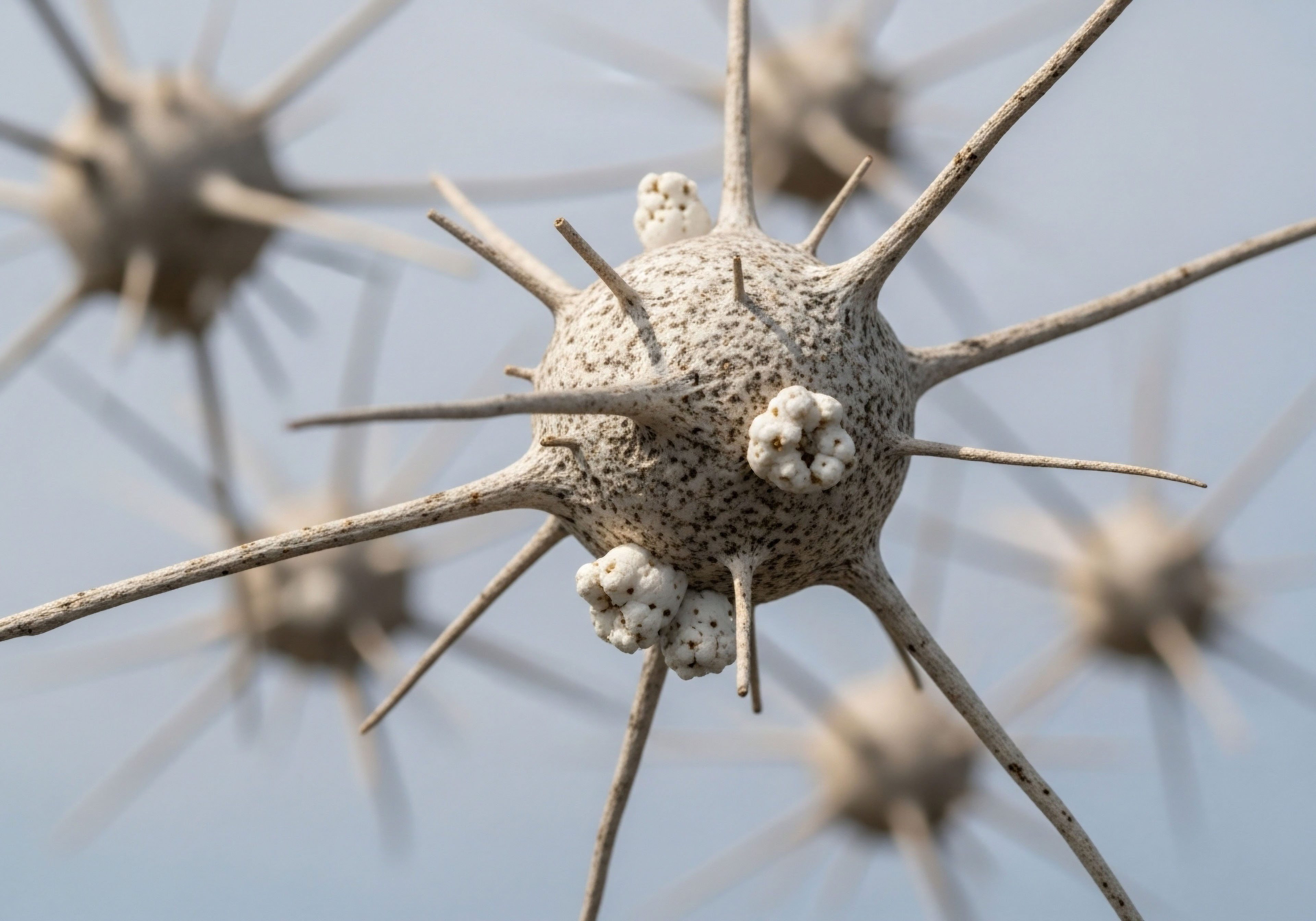The Unseen Advantage of Optimized Brain Function

Unlock your biological potential by commanding the chemistry that powers clarity, focus, and relentless drive.
HRTioSeptember 28, 2025





